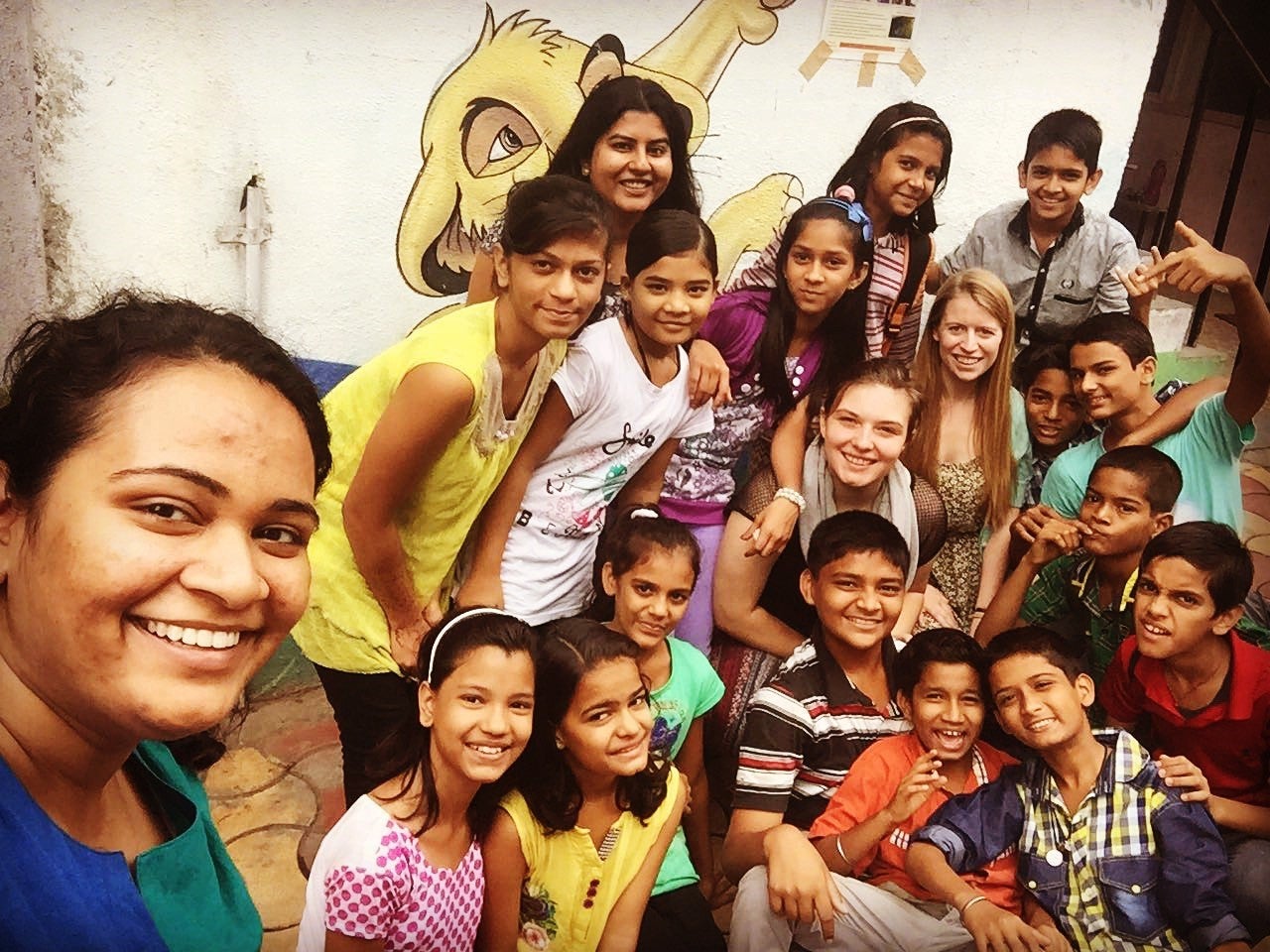Catawba alumna helps make positive changes for children in India
Published 12:00 am Thursday, August 4, 2016

- Berk (right, upper) with some of her students in Pune
SALISBURY — Sydney Berk, a 2013 Catawba College alumna, will be teaching in Pune, India for eight weeks, as part of an initiative by the Artists Striving to End Poverty (ASTEP) organization.
The organization uses the arts as a tool to empower youth with creativity, knowledge and a strong sense of self, factors which help advance their lives and communities. The organization provides artists with opportunities to connect with these youth globally, allowing the artists to use their own passions to create meaningful and effective change.
Berk, who considers herself to be one of the lucky artists who get to pay it forward, will be partnering with teachers from the Teach For India program in three different schools to integrate the arts into their curriculum.
“They are some of the most hard-working and passionate people I have ever met,” says Berk, noting that the teachers are deeply committed to education reform and desperate to help the children build a better future.
Berk will also be teaching five days a week for the Maya Project, an after-school arts program for talented and bright children from impoverished communities. Thanks to the program, the children get a unique opportunity to be well-educated, with the hopes of breaking down the caste system that still exists.
Berk feels her time at Catawba played a major part in shaping who she is today, because of the lessons and values she learned there as a student. She feels the platform of a liberal arts education as well as the highly collaborative theater program showed her first hand how the arts can deepen learning.
“I’ve found that the view of arts integration traditionally is very focused on the self: self-discovery, self-confidence, strengthening one’s personal voice,” Berk continues. “All things that are very important, especially for these communities who often feel powerless.”
Perhaps even more valuable though, according to Berk, is that the students learn to work together. Just as she feels she learned at Catawba, the students in India are learning that even more important than their own personal voice is the voice of the collective and the magic that happens through collaboration. Through empathy training, students are given a new perspective by tackling problem-solving techniques and thinking creatively. They become skilled at working together and learn that they are stronger when doing so.
There is yet another aspect to Berk’s experience that she finds truly meaningful. “I am loving having the opportunity to be a champion of young girls,” she says. “Being a woman in India isn’t easy and these girls need strong, positive role models to help them believe they are more than their society expects of them.”
Over time, Berk says that the boys in her classroom begin to see that girls can be leaders and equals, a concept that is very new for them, simply because they have never experienced it first-hand before. The teaching program helps illustrate this new idea and to change thinking in a small, but powerful way.
Berk wants to use the arts to help her students build skills and values, while she personally hopes to encourage them to stay in school, go to college, and to climb high above their stations despite societal pressure to leave school and work full time to help support their families. Donations in support of the program may be made at www.firstgiving.com.


